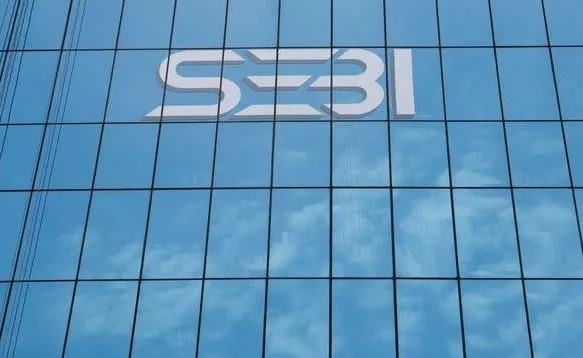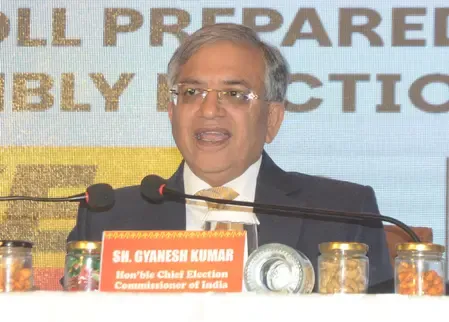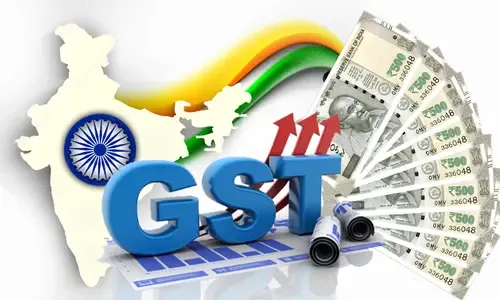Did SEBI Take Action Against 89 Market Manipulators in FY25 Using Advanced Tech?

Synopsis
Key Takeaways
- SEBI conducted operations against 89 entities.
- Advanced technology was used for monitoring.
- Market Intelligence portal launched for abuse reporting.
- Enhanced measures for retail investor protection implemented.
- SEBI emphasizes trust and transparency in regulations.
Mumbai, Aug 12 (NationPress) The Securities and Exchange Board of India (SEBI) announced on Tuesday that it executed search and seizure actions against 89 entities at 71 locations spanning 18 cities nationwide during the fiscal year 2024-25.
The inspections targeted 24 mutual funds along with their Registrar and Transfer Agents (RTAs), as well as 13 portfolio managers, as noted in SEBI's Annual Report.
SEBI’s off-site monitoring of mutual funds was enhanced by algorithm-driven alert systems.
The extensive inspection initiative encompassed 312 stock brokers, 90 depository participants, 51 merchant bankers, 56 RTAs, 207 investment advisers, 149 research analysts, 8 credit rating agencies, 11 debenture trustees, 7 designated depository participants, 7 custodians, and 3 KYC registration agencies.
To enhance its surveillance and investigative capabilities, SEBI established a lab in 2023-24 equipped with cutting-edge technologies.
In 2024-25, the lab incorporated additional data sources and new data analytics tools.
According to SEBI, “These tools have significantly streamlined data analysis, reduced time and manual effort, and improved accuracy in identifying connections among entities involved in violations of securities market laws.”
To tackle market abuse, a Market Intelligence portal was launched for market participants to submit intelligence inputs related to market abuse, operational since May 2024.
An Enhanced Surveillance Measures framework has been rolled out for stocks listed on both the mainboard and SME segments, particularly those with a market capitalization under Rs 1,000 crore. Major surveillance frameworks were also extended to address abnormal price movements in PSU stocks.
SEBI Chairperson Tuhin Kanta Pandey stated, “To prevent the misuse of client funds by intermediaries, the direct pay-out of securities to the client’s demat account was made mandatory.” Furthermore, frameworks have been established to ensure safer participation of retail investors in algorithmic trading and mandated qualified stock brokers to offer ASBA-like facilities in secondary markets to safeguard retail investors.
Regulated entities are now required to dissociate from unregulated entities providing advice or unverified claims on returns and performance. Cautionary advisories were issued regarding transactions on unauthorized virtual trading platforms, unregistered online platforms offering unlisted debt securities, and investing in securities listed on the SME platform, as highlighted in his Annual Report message.
SEBI’s regulatory outlook remains unwavering, “anchored in trust, guided by resolve to protect investors, and driven by the goal to support India’s vision 2047.” The organization aims to maintain a proactive and forward-thinking regulatory stance, founded on principles of trust, transparency, teamwork, and technology, Pandey affirmed.









